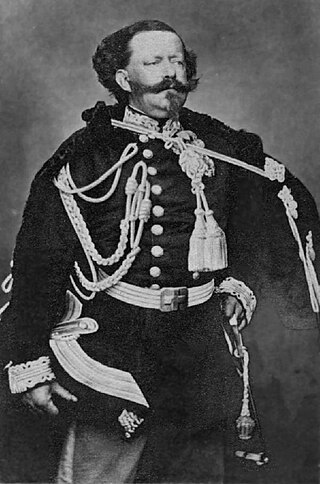
Victor Emmanuel II was King of Sardinia from 23 March 1849 until 17 March 1861,when he assumed the title of King of Italy and became the first king of an independent,united Italy since the 6th century,a title he held until his death in 1878. Borrowing from the old Latin title Pater Patriae of the Roman emperors,the Italians gave him the epithet of Father of the Fatherland.

The 1848 Revolutions in the Italian states,part of the wider Revolutions of 1848 in Europe,were organized revolts in the states of the Italian peninsula and Sicily,led by intellectuals and agitators who desired a liberal government. As Italian nationalists they sought to eliminate reactionary Austrian control. During this time,Italy was not a unified country,and was divided into many states,which,in Northern Italy,were ruled directly or indirectly by the Austrian Empire. A desire to be independent from foreign rule,and the conservative leadership of the Austrians,led Italian revolutionaries to stage revolution in order to drive out the Austrians. The revolution was led by the state of the Kingdom of Sardinia. Some uprisings in the Kingdom of Lombardy–Venetia,particularly in Milan,forced the Austrian General Radetzky to retreat to the Quadrilateral fortresses.

The University of Turin is a public research university in the city of Turin,in the Piedmont region of Italy. It is one of the oldest universities in Europe and continues to play an important role in research and training.
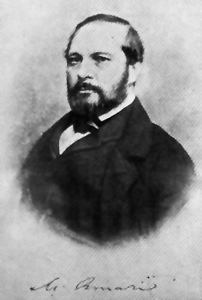
Michele Benedetto Gaetano Amari was a Sicilian patriot,liberal revolutionary and politician of aristocratic background,historian and orientalist. He rose to prominence as a champion of Sicilian independence from the Neapolitan Bourbon rule when he published his history of the War of the Sicilian Vespers in 1842. He was a minister in the Sicilian revolutionary government of 1848–9 and in Garibaldi's revolutionary cabinet in Sicily in 1860. Having embraced the cause of Italian unification,he helped prepare the annexation of Sicily by the Kingdom of Sardinia and was active in his later years as a senator of the Kingdom of Italy.
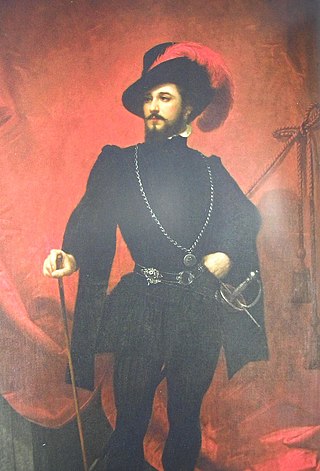
Giovanni Matteo De Candia,also known as Mario,was an Italian opera singer. The most celebrated tenor of his era,he was lionized by audiences in Paris and London. He was the partner of the opera singer Giulia Grisi.

The Diocese of Pinerolo is a Latin diocese of the Catholic Church in the administrative province of Turin of Piedmont region,Northwestern Italy. It is a suffragan of the Metropolitan archbishopric of Turin.

The Diocese of Saluzzo is a Latin diocese of the Catholic Church in the Piedmont region of northwestern Italy,centered in the comune of Saluzzo. The diocese was established on 29 October 1511 for political reasons,to transform the Marquisate of Saluzzo into an ecclesiastic territory,and was directly dependent upon the Holy See. It is now a suffragan of the Archdiocese of Turin.

The Archdiocese of Turin is a Latin Church ecclesiastical territory of the Catholic Church in Italy.
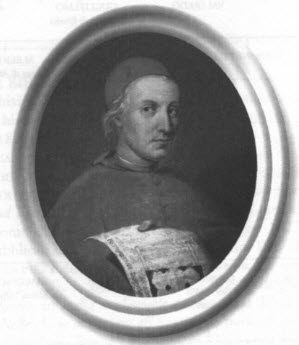
Domenico della Rovere was an Italian cardinal and patron of the arts.
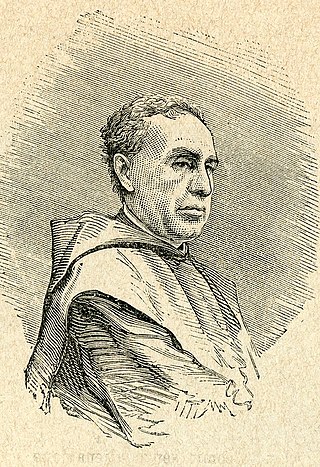
Luigi Tosti was a Benedictine historian.
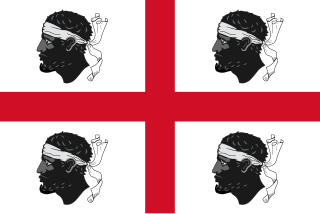
The Kingdom of Sardinia,also referred to as the Kingdom ofSardinia-Piedmont or Piedmont-Sardinia as a composite state during the Savoyard period,was a country in Southern Europe from the late 13th until the mid-19th century.
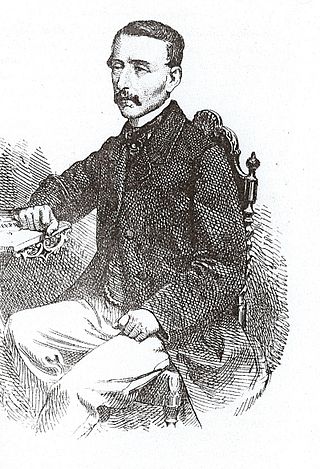
Carlo Ilarione Petitti count of Roreto was an Italian economist,academic,writer,counsellor of state,and senator of the Kingdom of Sardinia. He is seen as a prominent figure in the Italian Risorgimento.

The Perfect Fusion was the 1847 act of the Savoyard King Charles Albert of Sardinia which abolished the administrative differences between the mainland states and the island of Sardinia within the Kingdom of Sardinia,in a fashion similar to the Nueva Planta decrees between the Crown of Castile and the realms of the Crown of Aragon between 1707 and 1716 and the Acts of Union between Great Britain and Ireland in 1800.

Giovanni Luigi Malvezzi de' Medici was a politician,patriot,and Italian scholar.
Aniceta Frisetti was an Italian philanthropist. She became a member of the Agnelli family when she married Edoardo Agnelli. Born in Turin,the daughter of Knight Giovanni Frisetti and Anna Lavista,her father belonged to a wealthy family and had close business relationships with Giuseppe Francesco Agnelli,the father of her first husband. Along with other noble women originally from the late 19th-century Piedmont,she took part in the relaunch of the Bandera embroidery,and founded the first laboratory school specialised in embroidery for artistic and humanitarian purposes.
The Tuscan Republic is the name often given to the brief period between February 1849 when Leopold II,Grand Duke of Tuscany fled Florence and April of the same year. In fact,although Tuscany had a provisional government with strong republican tendencies during this period,a republic was never officially proclaimed.
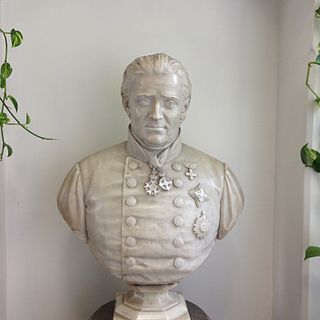
Alessandro Riberi was a surgeon,physician,academic and Italian politician. He was considered to be the most distinguished Italian physician of his time. He founded the Italian army medical corps.

The Kingdom of Sardinia is a term used to denote the Savoyard state from 1720 until 1861,which united the island of Sardinia with the mainland possessions of the House of Savoy. Before 1847,only the island of Sardinia proper was part of the Kingdom of Sardinia,while the other mainland possessions were held by the Savoys in their own right,hence forming a composite monarchy and a personal union which was formally referred to as the "States of His Majesty the King of Sardinia". This situation was changed by the Perfect Fusion act of 1847,which created a unitary kingdom. Due to the fact that Piedmont was the seat of power and prominent part of the entity,the state is also referred to as Sardinia-Piedmont or Piedmont-Sardinia and sometimes erroneously as the Kingdom of Piedmont.

Paolo Onorato Vigliani was an Italian magistrate and politician. He served twice as Minister of Justice.
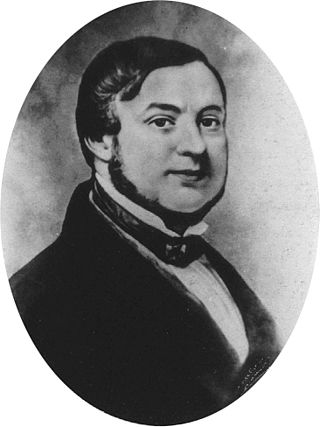
Pier Dionigi Pinelli was an Italian politician.


















